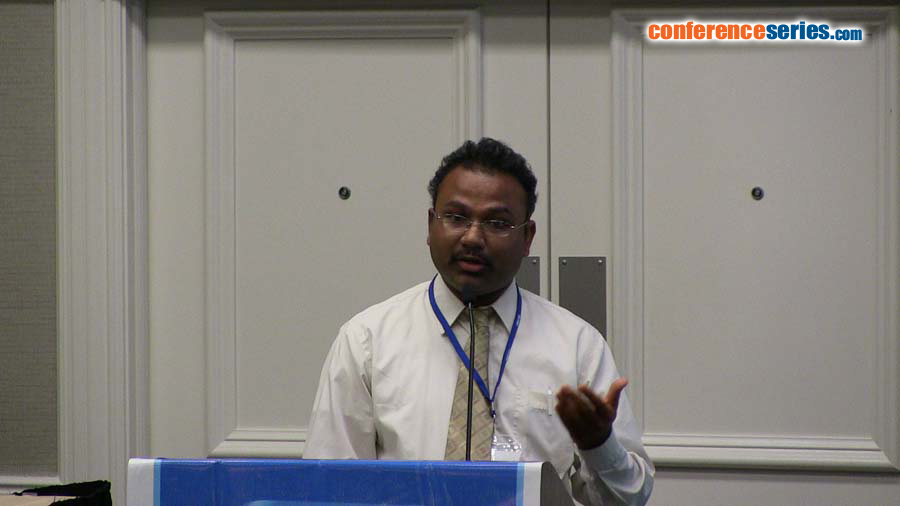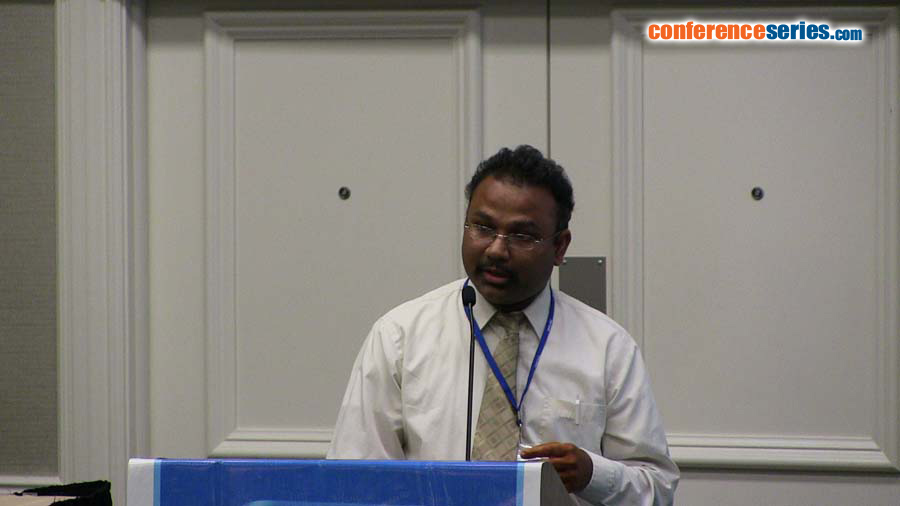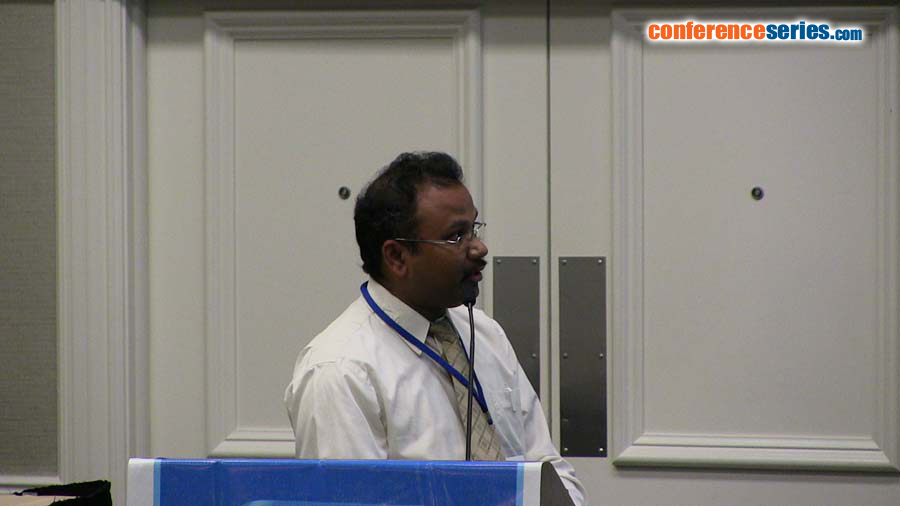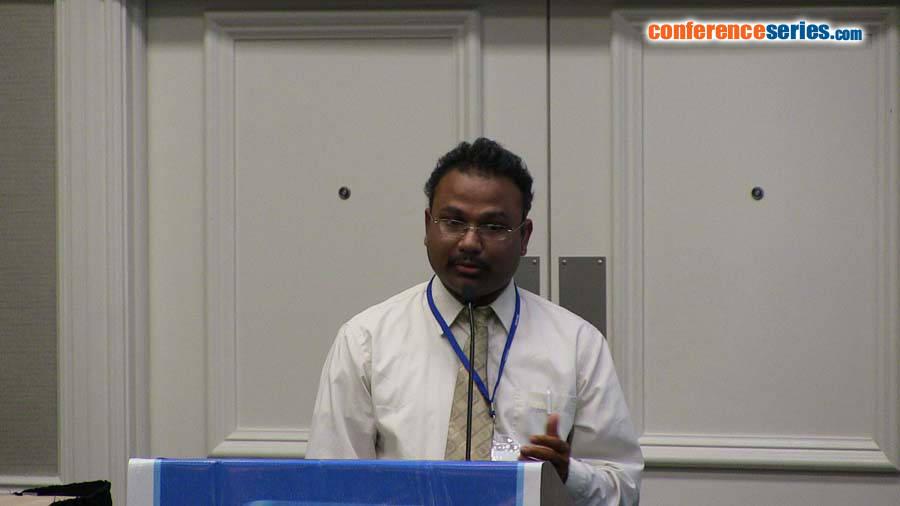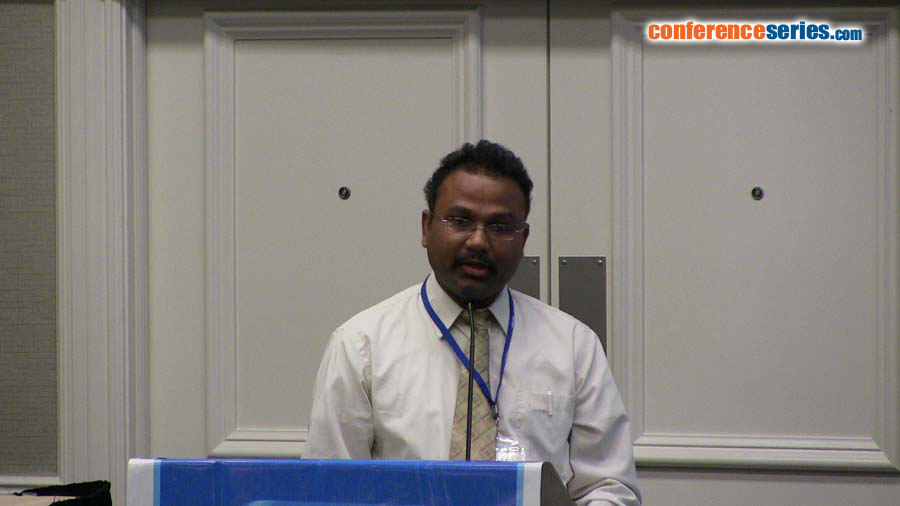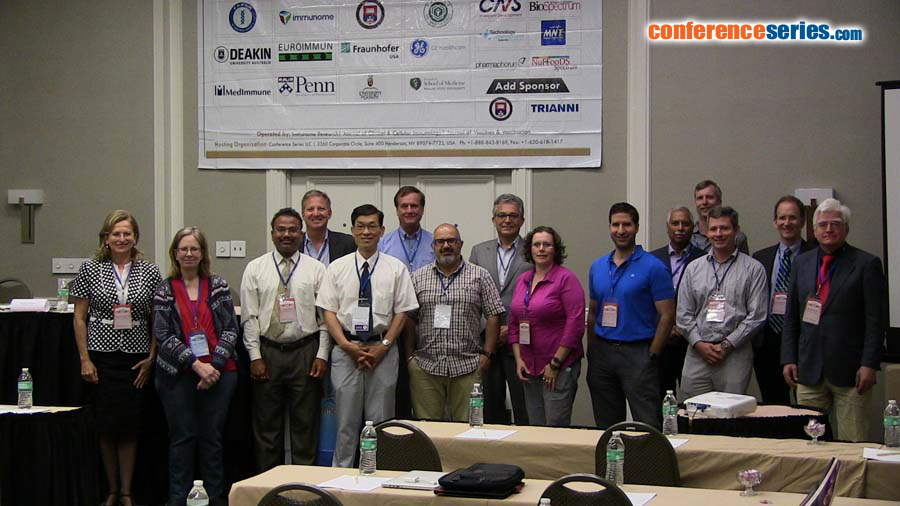
Ravi P Sahu
Wright State University, USA
Title: Tumor microenvironment associated immune cells mediate platelet-activating factor induced tumor growth and treatment effectiveness
Biography
Biography: Ravi P Sahu
Abstract
The exposure of pro-oxidative stressors modulates host anti-tumor immunity against cancer. Studies from our group have demonstrated that pro-oxidative stressors both from environmental and therapeutic exposures generate the potent lipid mediator with platelet-activating factor (PAF) agonist activity. These PAF agonists mediate systemic immunosuppression and augment the growth of subcutaneously implanted Murine melanoma and Lewis lung carcinoma tumors in a PAF-receptor (PAF-R) dependent manner. Importantly, PAF-dependent enhanced growth of melanoma tumors was mediated via up-regulation of tumor microenvironment associated regulatory T-cells (Tregs) and myeloid derived suppressor cells (MDSCs). Notably, depleting antibodies against Tregs and MDSCs blocked PAF agonists mediated systemic immunosuppression and melanoma tumor growth. As various treatment modalities including chemotherapeutic agents can act as potent pro-oxidative stressors, we demonstrated that chemotherapy generate PAF and other oxidized PAF-R agonists from melanoma cells/tumors in a process blocked by antioxidants. In a murine dual tumor model, our studies demonstrate that intratumoral injection of chemotherapy to one tumor augments the growth of other (untreated) tumors in a PAF-R dependent manner. Importantly, this chemotherapy mediated enhanced growth of secondary tumors was attenuated via systemic supplementation of antioxidants, COX-2 inhibitors as well as depleting Tregs. Interestingly, we demonstrated that perfusates collected from melanoma patients’ post-chemotherapy exhibited significant PAF-R agonistic activity compared to perfusates obtained prior to chemotherapy. Altogether, our studies indicate the importance of the PAF-R mediated pathway in modulating tumor growth and treatment effectiveness and suggest it’s implication as a promising approach for cancer treatment.


